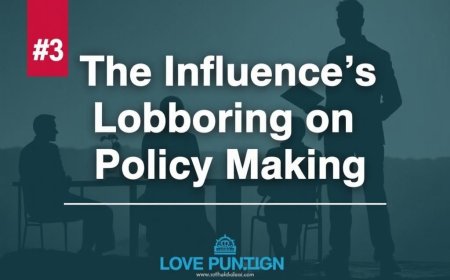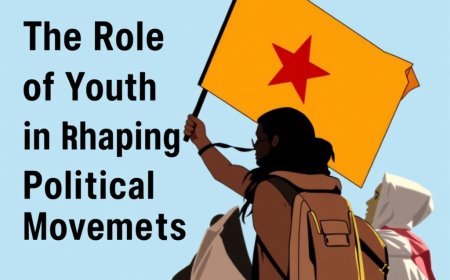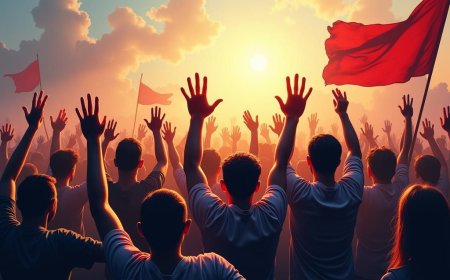The Impact of Social Media on Modern Political Campaigns

Social media has become a powerful tool for modern political campaigns, shaping the way politicians interact with voters and promote their agendas. Platforms like Facebook, Twitter, and Instagram have revolutionized the landscape of election campaigns, enabling candidates to reach a wider audience and engage with voters in real-time.
One of the key advantages of using social media in political marketing is the ability to target specific demographics and tailor messages to different groups of voters. Campaigns can use data analytics to identify potential supporters and craft personalized content that resonates with their target audience.
Moreover, social media allows politicians to bypass traditional media channels and communicate directly with voters. Candidates can post updates, share videos, and respond to questions from constituents, creating a more intimate and authentic connection with the electorate.
However, the use of social media in political campaigns also presents challenges. The spread of misinformation and fake news on platforms like Facebook and Twitter can undermine the credibility of candidates and distort public discourse. Campaigns must be vigilant in monitoring and addressing false information to maintain their integrity.
Another issue is the echo chamber effect, where users are exposed to information that reinforces their existing beliefs and biases. This can lead to polarization and division within the electorate, making it difficult for politicians to appeal to a broad base of voters.
Despite these challenges, social media offers numerous opportunities for political campaigns to connect with voters and mobilize support. Digital marketing strategies such as targeted advertising, influencer partnerships, and viral content can help campaigns reach new audiences and generate excitement around their message.
In conclusion, the impact of social media on modern political campaigns is undeniable. Platforms like Facebook, Twitter, and Instagram have transformed the way politicians engage with voters and promote their agendas. While there are challenges associated with the use of social media in political marketing, the opportunities for reaching and mobilizing supporters are vast.
















